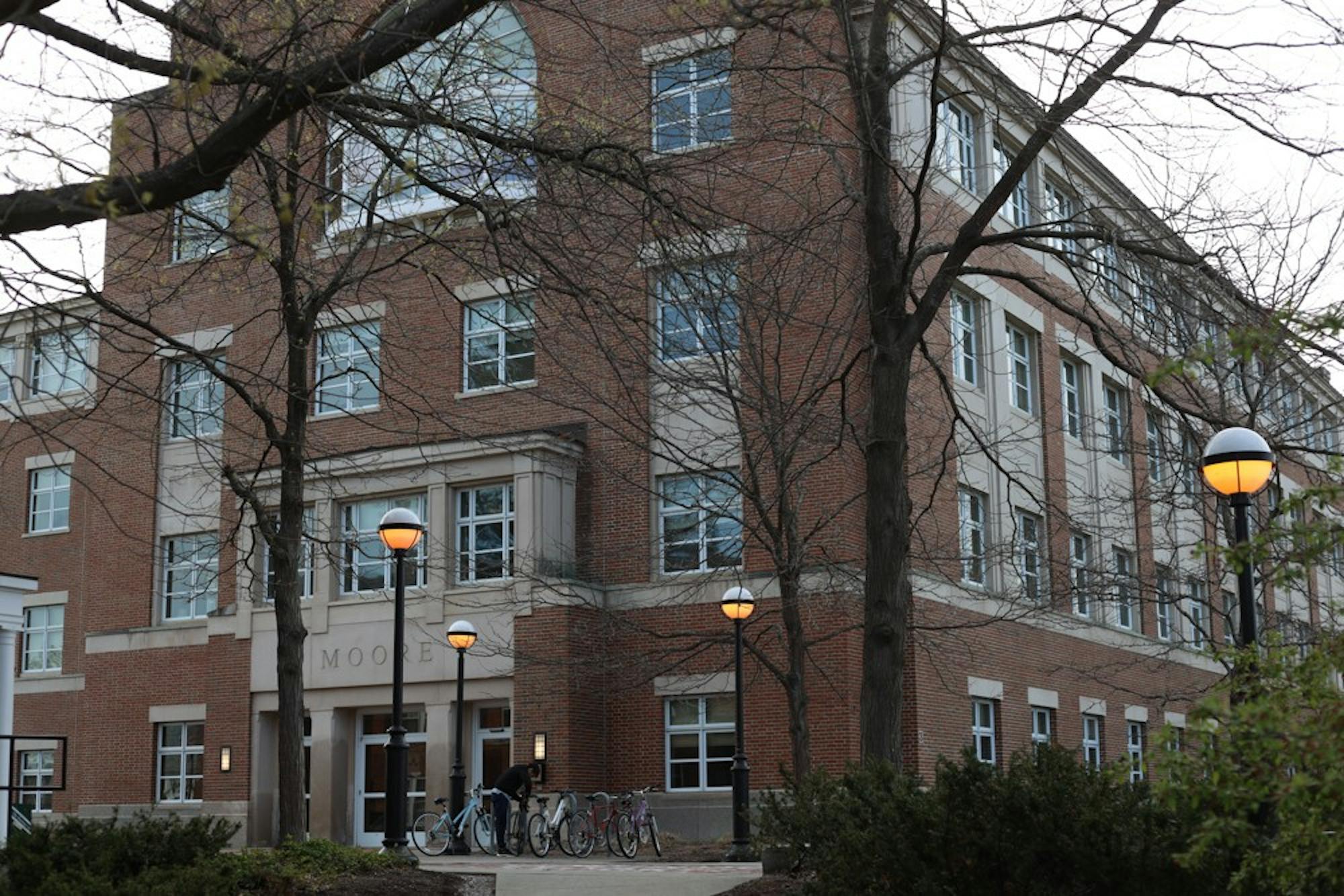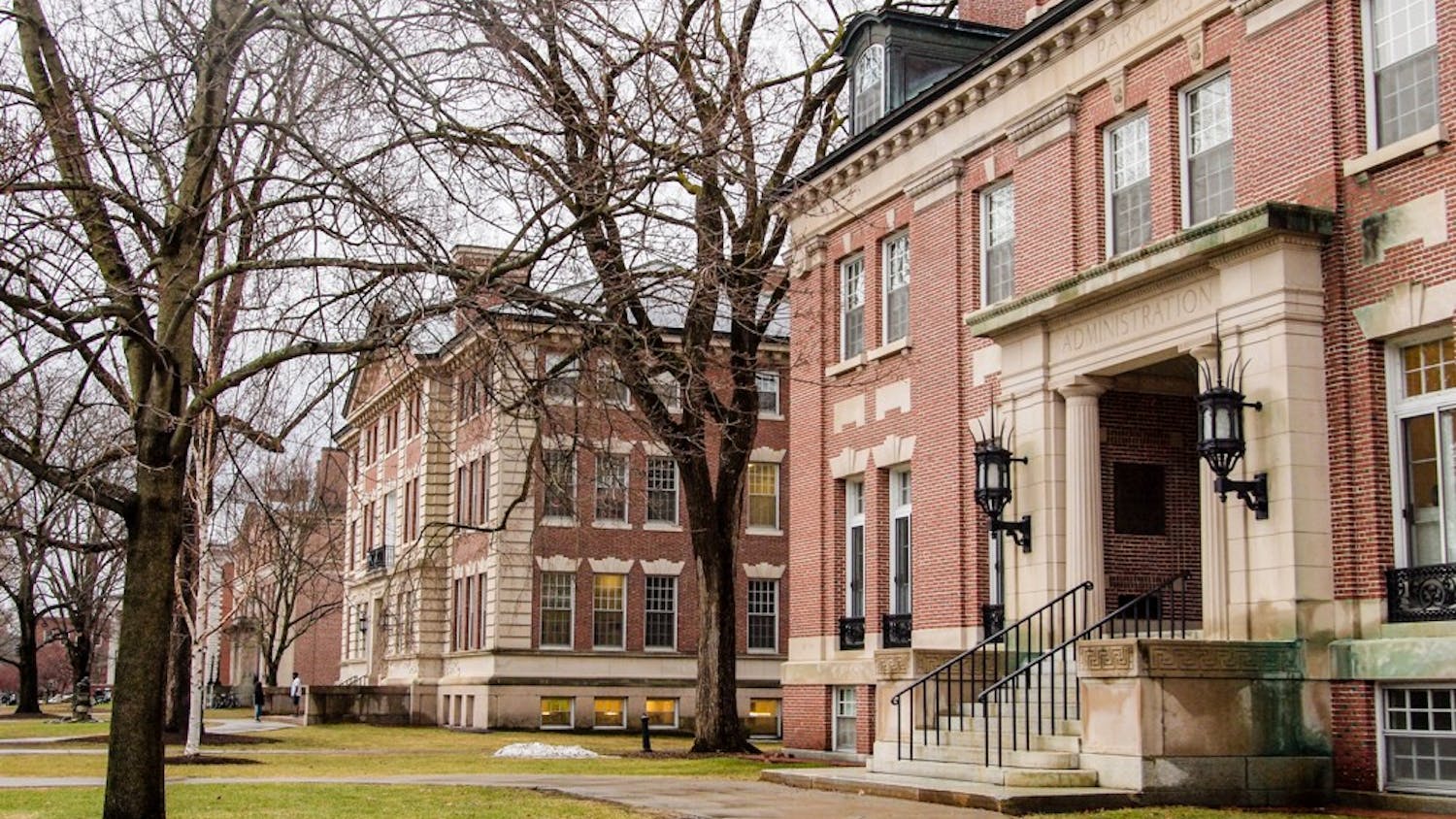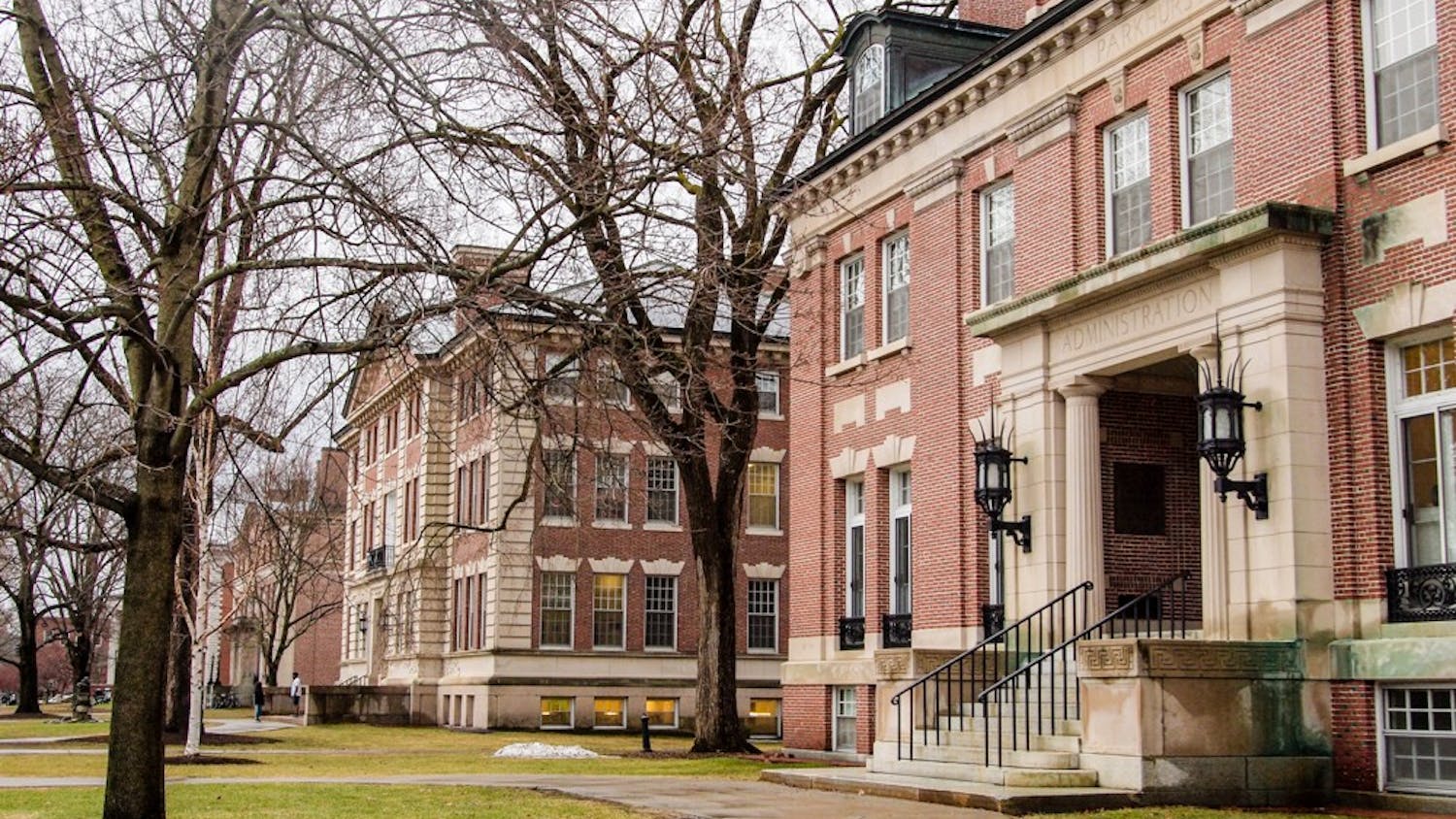Last month, federal judge Landya McCafferty preliminarily approved a $14 million settlement in the class action sexual harassment lawsuit brought against Dartmouth regarding the conduct of three former professors in the psychological and brain sciences department. The sexual harassment class itself — which is likely to be approved at a July 9 fairness hearing — is unique in the extraordinary size, according to discrimination and civil rights lawyer Bruce Fredrickson ’73.
“This is an extraordinary case,” Frederickson said. “A lot of class actions are a lot larger than that, but when you’re talking about three individuals in particular, I’d say 90 is a large number — an appallingly large number.”
In the lawsuit, first brought in November 2018 by seven former students, the plaintiffs alleged that the former professors engaged in sexual misconduct over several years and that the College was aware of allegations but did not act on them.
While class action lawsuits regarding discrimination or a hostile work environment can be quite large, sexual harassment class action lawsuits tend to be smaller because of the number of people who cross paths with a certain perpetrator or rules surrounding the statute of limitations on harassment incidents, according to Fredrickson.
Fredrickson said that while class action discrimination lawsuits are relatively common, class action lawsuits specifically regarding sexual harassment are rare, because sexual misconduct can be individualized and difficult to demonstrate — and usually one individual’s actions do not demonstrably affect enough people to form a class. He said that although 90 people is small for class action lawsuits generally, the fact that this is a class action suit at all is indicative of an extreme case.
“The fact that they got a class certified and settled with 90 plaintiffs in a psychology department that’s not even that large … that’s what really shocked me,” Fredrickson said. “Think about the number of women affected over a five-year period, and Dartmouth didn’t effectively shut it down. Just appalling.”
While the case itself is unique, many in the community are glad to see the settlement nearly finalized.
Diana Whitney ’95, a founding member of the organization Dartmouth Community against Gender Harassment and Sexual Violence, expressed her support for the preliminary approval.
“I’m really heartened that [the plaintiffs] were able to come to a settlement that was positive for them and actually move on with their lives after everything — you know, years of trauma and the aftermath that they’d been through,” Whitney said. “There was a small part of me that was disappointed because the opportunities to really shine light on these issues through a very public trial would have been pretty striking, and yet I absolutely wanted what was best for the plaintiffs and completely understood as a survivor myself why coming to settlement and not going through a public trial was a really good decision.”
Whitney and several other alumni founded DCGHSV after the lawsuit was filed in 2018. The organization sent a letter supporting the plaintiffs that was signed by over 800 current and former Dartmouth students to College President Phil Hanlon and the Board of Trustees. DCGHSV also sent Hanlon and the Trustees a list of demands aimed at cutting down on sexual violence and gender harassment and has since continued to advocate for institutional changes.
Although Whitney said she is happy with the probable outcome of the lawsuit and encouraged that plaintiffs will work with the College on new sexual misconduct policies, she is concerned that the College is attempting to “quickly sweep this under the rug and move forward rather than looking back.” She said that the plaintiffs had to sign a non-disparagement agreement with the College, which will prevent plaintiffs from criticizing or discrediting the College on this issue in the future.
“All class members who do not opt out of the settlement will release Dartmouth from any and all claims against it arising out of the same factual circumstances that were or could have been asserted in this lawsuit,” the preliminary settlement notes.

Lauren ('23) is news executive editor for The Dartmouth. She is from Bethesda, Maryland, and plans to major in government and minor in public policy.




